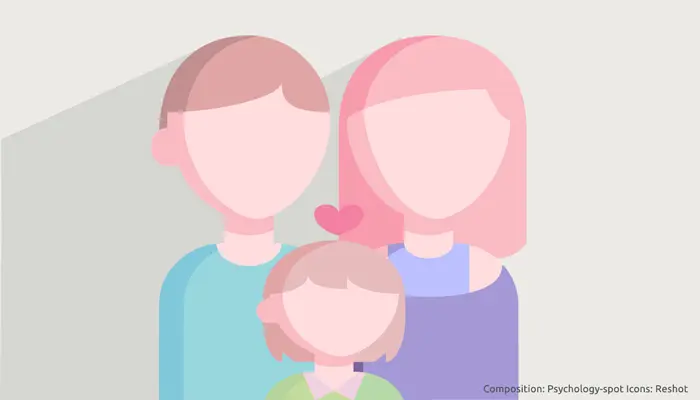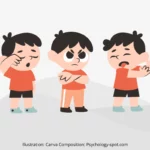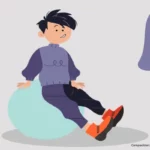
Children do not come with an instruction manual under their arms. And if they did come with one, it would be more like an encyclopedia than IKEA assembly instructions because parenting presents so many challenges. One of the most complex challenges is educating children without falling into parental overprotection. Finding the ideal balance between control and freedom, protection and autonomy, to accompany them throughout their development.
Of course, no parent likes to see his/her children suffer. That is why many times they protect them so that they do not get hurt and try to avoid them frustration, sadness or difficulties. It is understandable, but in many cases they are excessively protected when what they need is more freedom to explore, they are denied the possibility of living experiences that allow them to develop the necessary psychological resources to deal with negative emotions, conflicts and adversity.
What is overprotection – and what’s not?
Overprotection is not simply excessive protection, but rather underprotection. In fact, it is important that parents do not confuse protection with overprotection.
All children need to be protected. It is a basic need, both physically and emotionally. Children are not fully aware of the dangers, so it is necessary for parents to establish certain limits that keep them safe, both from harming themselves physically and from suffering psychological trauma that will mark them for life.
However, many parents exaggerate that protection. The main difference between parental overprotection and excessive protection consists in the motive behind that behavior.
Mothers and fathers who are very protective of their children are simply distrustful and/or overly cautious. They believe that their sons could get hurt and that’s why they protect them, but they don’t get to do things in their place and give them some freedom. In fact, no matter how much mistrust they have, these parents gradually give up ground so that children can explore on their own and put themselves to the test.
Instead, parental overprotection implies a parenting style based entirely on fear. The overprotective father or mother experiences sheer terror at the prospect that something might happen to their child, thus denying him/her the freedom and autonomy he/she needs.
In fact, overprotective parents tend to be permissive, little or nothing demanding of their children at home, and tend to do everything to them, becoming what we know as “helicopter parents.” They constantly hover over their children, supervising what they are doing and anticipating their problems to solve them for them.
Overprotective parents protect themselves
Parental overprotection implies a projection of the parents’ fears onto children, which ends up limiting their development and autonomy. In reality, overprotective parents do not connect with the needs of their children. They don’t take note that their children are growing up and need more freedom because they put their need to feel safe first.
In fact, although it seems that parental overprotection “protects” children, it is actually a protective mechanism for parents. These parents protect their children, turning a deaf ear to their need for autonomy, because they do not want to face their fears and insecurities. Thus they end up limiting the lives of their children to feel more secure themselves.
For example, a father who is very protective of his son will say: “If you climb the tree, you can fall and hurt yourself” while an overprotective father will say: “If you fall when you climb the tree, you will upset me”. There is a subtle but important shift in focus that reveals a certain self-centeredness in the parenting style.
In the first case, the child understands that if he is not careful, he could hurt himself. In the second case, he gets the message that he must give up what he wants to do in order to assuage his parents’ fears and anxieties. In fact, it’s not uncommon for overprotected children to end up becoming sticks of the old age sons.
The difficult task of overcoming the fears that fuel overprotection
Parental overprotection does not protect children as much as it is thought, rather it generates lack of protection, insecurity and distrust because it takes away from children the possibility of testing their abilities in many areas of life, which is essential to develop a healthy self-esteem and trust in oneself.
As a result, the overprotective parenting style often gives rise to children with low self-esteem, little responsibility, lack of critical thinking and poor emotional management. These are dependent children who develop fears and anxieties, as well as a low frustration tolerance and a tendency to perceive the others and the world as a dangerous place that should not be explored.
Therefore, parents who want to prepare their children for life must first be aware of their fears. Raising a child is also educating oneself. Therefore, it is essential to achieve a balance between the protection that every child needs to be safe and the autonomy necessary for him/her to have fun, explore and become the person he/she wants to be.



